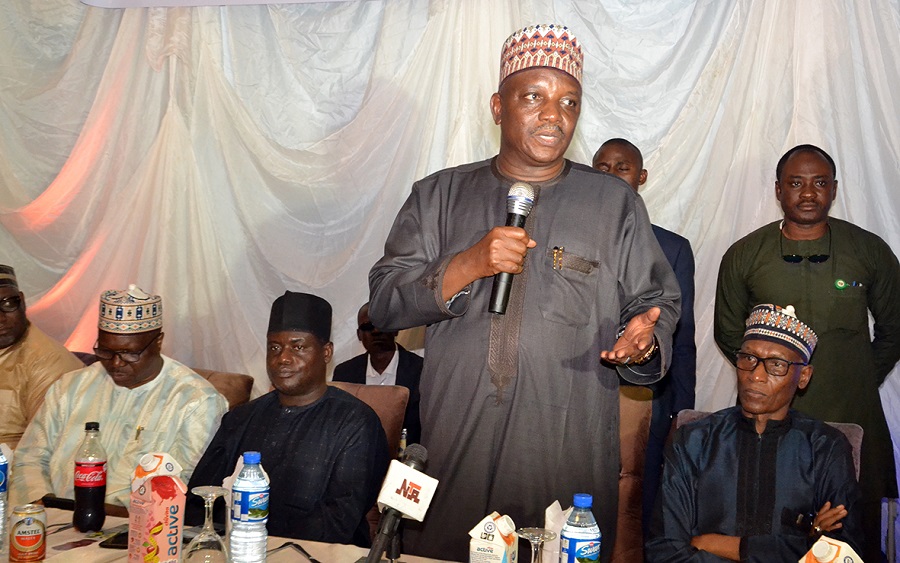The Federal Government has started disbursing funds as compensation to the owners of the land and other property affected by the construction of the Mambilla Hydropower Power plant.
The disclosure was made by the Minister of Power, Sale Mamman in a statement obtained from his media aide, Emmanuel Bello.
The survey work of the 3,050 megawatts power plant is said to have been carried out as efforts are being put in place to actualize the nation’s energy plans.
Mamman said that the Federal Government’s efforts and commitment in realising the N2trillion Mambilla project in Taraba was already paying off as major stakeholders are set to key into the vision.
[READ ALSO: This is why Dangote is investing in petrochemicals(Opens in a new browser tab)]
“After close to five decades, this is the first time some clear-cut steps are being taken to make that project a reality. This is historic and the President needs to be commended for the political will to make the dream come true. We already have collaborative meetings with all the stakeholders and our partners at the state.” The Minister said.
While appreciating the Taraba State Government for establishing the state Ministry of Power to further push the project, Mamman also promised that all updates and work progress concerning the hydropower project would be conveyed to the public.
{READ MORE: Nigeria witness power cut as system collapse hit transmission stations}
Recall that about two months ago, the Minister of Power, Sale Mamman, alongside his Water Resources counterpart, Suleiman Adamu had visited the Chinese embassy in Abuja to request that it helps facilitate the release of project loan from China EximBank for the commencement of work on the plant.
What you should know: Mambilla hydropower project is a 3.05GW hydroelectric facility being developed on the Dongo River near Baruf, in Kakara Village of Taraba State, Nigeria.
Expected to commence operation in 2030, Mambilla will be Nigeria’s biggest power plant, producing approximately 4.7 billion kWh of electricity a year. The project is estimated to cost $5.8 billion and will generate up to 50,000 local jobs during the construction phase.











